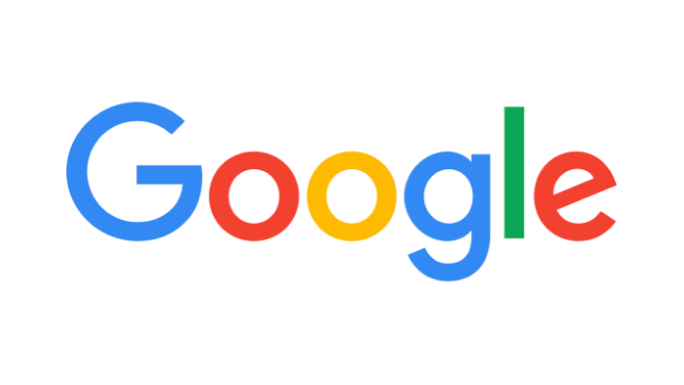FCC appears to have majority on newspaper ownership change
Unless there’s a change of heart over the next few weeks, it appears there are a majority of votes for the FCC to loosen rules on the cross ownership of newspapers and broadcast stations. In a speech last week, FCC chairman Michael Powell once again advocated easing regulations that prevent newspapers from owning television or radio stations in the same market.
“It‘s hard to see how a complete ban on newspapers’ owning TV stations serves the public interest,” Powell said in a Washington, D.C. speech at the Media Institute, a nonprofit group supported by media corporations.
The Republican majority of three FCC commissioners are now on record favoring the relaxation of the 1975 rule that has restricted such ownership in order to prevent a concentration of media power. Details of the upcoming changes are still not clear, nor are possible differences yet to emerge between Powell and Republican FCC member Kevin Martin, who does not follow the chairman’s wishes in lockstep. The five-member commission has tentatively scheduled a meeting on June 2, Powell said, to adopt the new rules.
The FCC is considering changes to six rules that restrict mergers among newspapers, television networks and radio stations. “The (newspaper ownership) rule is as good as dead, though we still don't know whether there will be any limits on cross-ownership and what they will be,” Blair Levin, an analyst at Legg Mason Wood Walker and a former FCC chief of staff, told Bloomberg News.
Newspapers are now allowed to own TV or radio stations in the same market if they bought them before the 28-year-old rule went into effect or if the FCC granted them a waiver.
Such a rule change is highly controversial, with critics noting that it would result in fewer corporations owning more media outlets. Some say this would also result in far less content diversity, a muting of independent voices and points of view, and fewer jobs for creative professionals. An easing of the rules “poses a real threat to the democratic process,” said Andrew Schwartzman of the nonprofit Media Access Project, a consumer advocacy group.
For more information visit www.fcc.gov.
Get the TV Tech Newsletter
The professional video industry's #1 source for news, trends and product and tech information. Sign up below.
